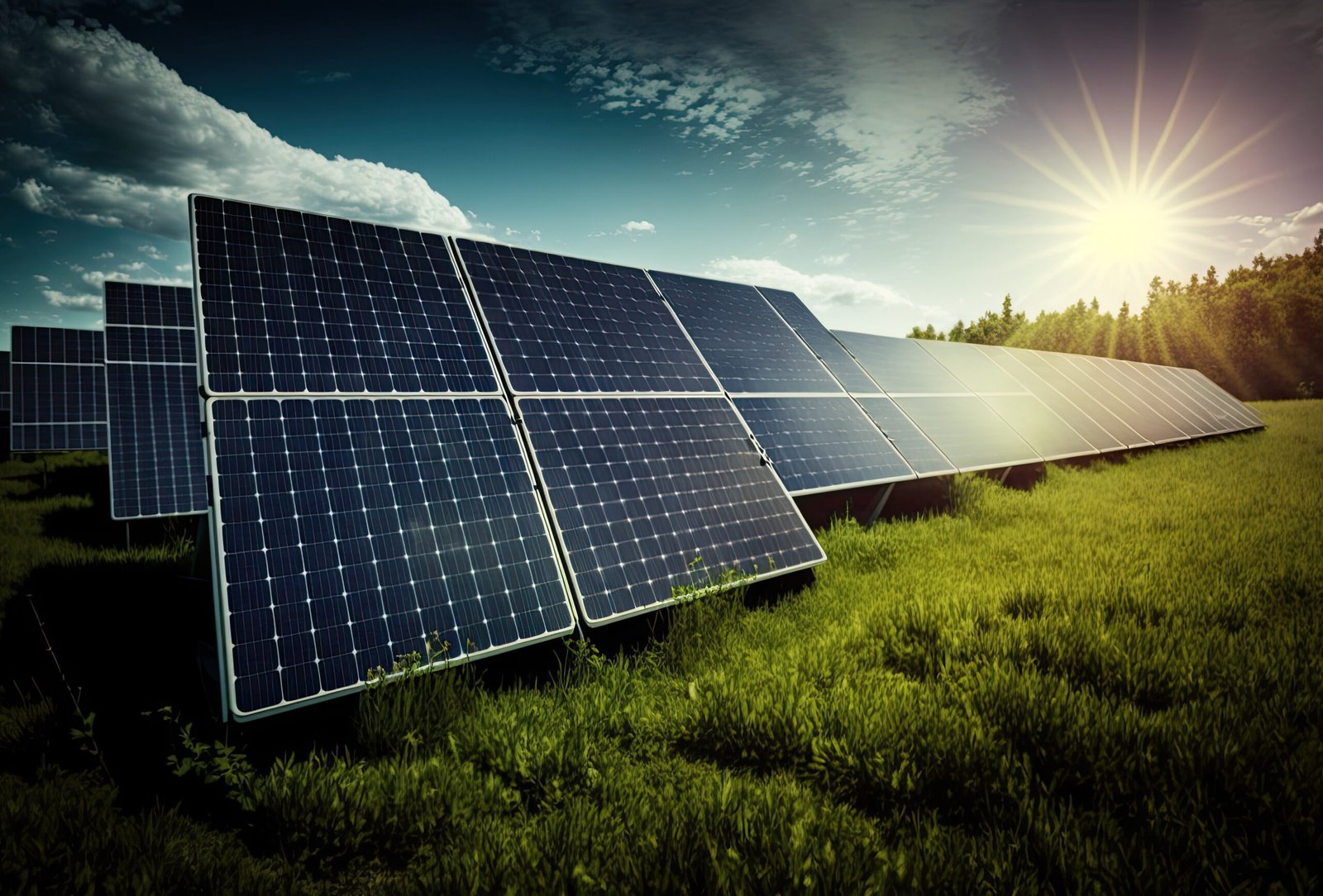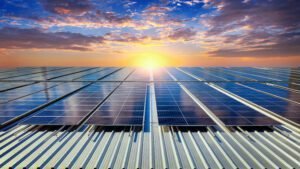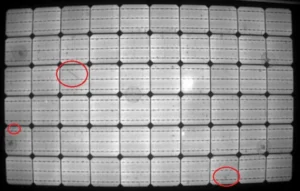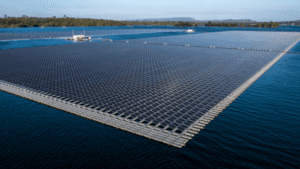Solar panels are the epitome of clean energy, but to ensure their efficiency, regular maintenance is paramount. In this comprehensive guide, we delve into the superiority of microfiber cloth for solar panel cleaning, exploring its benefits and addressing the specific recommendation by solar panel manufacturers. Additionally, we’ll introduce cutting-edge technology from TAYPRO PRIVATE LIMITED, showcasing the TAYPRO AMS cleaning robot and the TAYPRO OPEX service, both centered around microfiber-type solar panel cleaning robots.
Understanding the Solar Panel Cleaning Challenge
The accumulation of dust, dirt, and environmental pollutants on solar panels poses a significant threat to their performance. As panels become increasingly popular, adopting the right cleaning method is crucial for sustaining their efficiency.
Different Cleaning Methods
While various cleaning methods exist, not all are suitable for solar panels. Traditional approaches, such as hosing down panels or using abrasive brushes, may not only be ineffective but can also cause damage.
Introducing Microfiber Cloth
Microfiber cloth emerges as a game-changer in solar panel cleaning. Composed of microscopic fibers, it offers a unique combination of gentle cleaning, high absorbency, and quick-drying features, making it ideal for delicate surfaces.

Advantages of Microfiber Cloth Over Other Materials
Microfiber cloths stand out for their non-abrasive nature, ensuring gentle yet effective cleaning without the risk of scratching. Their high absorbency and quick-drying properties further enhance their appeal, setting them apart from traditional cleaning materials.
Solar Panel Manufacturer Recommendations
Solar panel manufacturers specifically endorse microfiber cloths due to their effectiveness and non-abrasive nature. We explore why manufacturers recommend microfiber over nylon brushes, shedding light on potential risks associated with abrasive cleaning.

The TAYPRO Advantage: TAYPRO AMS Cleaning Robot
Enter TAYPRO PRIVATE LIMITED’s innovative solution – the TAYPRO AMS cleaning robot. This next-generation robot incorporates AI and machine learning capabilities, utilizing a superior Microfiber Soft Cloth with Quick Dry Technology. This combination ensures not only effective cleaning but also a gentle touch that safeguards the integrity of solar panels.
Effectiveness of Microfiber in Dust Removal
Microfiber excels in removing fine dust particles, a critical factor in maintaining optimal solar panel efficiency. We compare microfiber’s dust removal capabilities with other materials, showcasing its superiority in keeping panels free from obstructions.

SOURCE: MDPI
PUBLISHED: 19 May 2019
Preventing Scratches on Solar Panels
The fragility of solar panels necessitates scratch-free cleaning. Microfiber cloths provide a delicate touch, minimizing the risk of scratches, making them a preferred choice over abrasive brushes.
Environmental Impact
Beyond efficiency, the environmental impact of cleaning materials is a growing concern. Microfiber cloths align with the demand for sustainable practices, offering an eco-friendly cleaning alternative for solar panels.
TAYPRO OPEX: Microfiber-Based Solar Panel Cleaning Service
TAYPRO OPEX, another offering from TAYPRO PRIVATE LIMITED, is a comprehensive solar panel cleaning service centered around microfiber-type cleaning robots. These robots, applying minimal pressure with soft microfiber brushes, guarantee meticulous and non-abrasive cleaning, enhancing the overall efficiency of solar panels.
Cost-Effectiveness of Microfiber Cleaning
Investing in a quality microfiber cloth or opting for services like TAYPRO OPEX proves to be cost-effective in the long run. These solutions offer an economical alternative to frequent professional cleaning services.
Common Misconceptions About Cleaning Solar Panels
Debunking myths surrounding solar panel cleaning methods is crucial. Addressing concerns and misinformation related to the use of microfiber cloths helps readers make informed decisions about their cleaning practices.
The choice of cleaning material significantly impacts the longevity and performance of solar panels. Microfiber cloth emerges as the superior option, offering a delicate yet effective solution for maintaining clean and efficient solar panels. With TAYPRO AMS and TAYPRO OPEX, the future of solar panel cleaning is not just efficient but technologically advanced and environmentally conscious.
FAQs
- Are there any specific brands of microfiber cloths recommended for solar panel cleaning?
While specific brand recommendations may vary, look for microfiber cloths with a high GSM (grams per square meter) for better absorbency and durability. - Can I use regular household cleaning products with a microfiber cloth on solar panels?
You don’t need any chemical to clean the panels. Even a damp microfiber cloth can remove heavy bird droppings. - How often should I clean my solar panels with a microfiber cloth?
Cleaning frequency depends on the local environment. In dusty or polluted areas, cleaning every 8-10 days is recommended in India, while less polluted areas may require cleaning every 2-3 weeks. - Can I use a microfiber cloth on solar panels during extreme weather conditions?
Microfiber cloths are suitable for various weather conditions. However, avoid cleaning during extreme heat to prevent rapid drying of cleaning solutions, which may leave streaks. - Are there any additional tools or accessories recommended for optimal solar panel cleaning?
A soft-bristle brush or a squeegee can be used alongside a microfiber cloth for stubborn dirt, but always ensure they are non-abrasive to prevent damage to the panels. Call us if you need any help in cleaning the solar panels.





